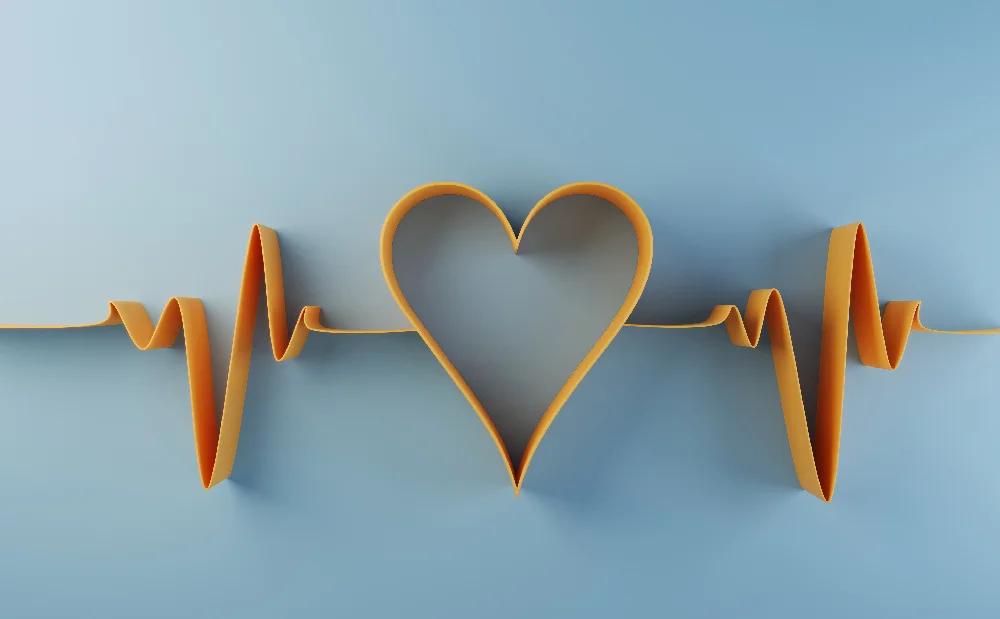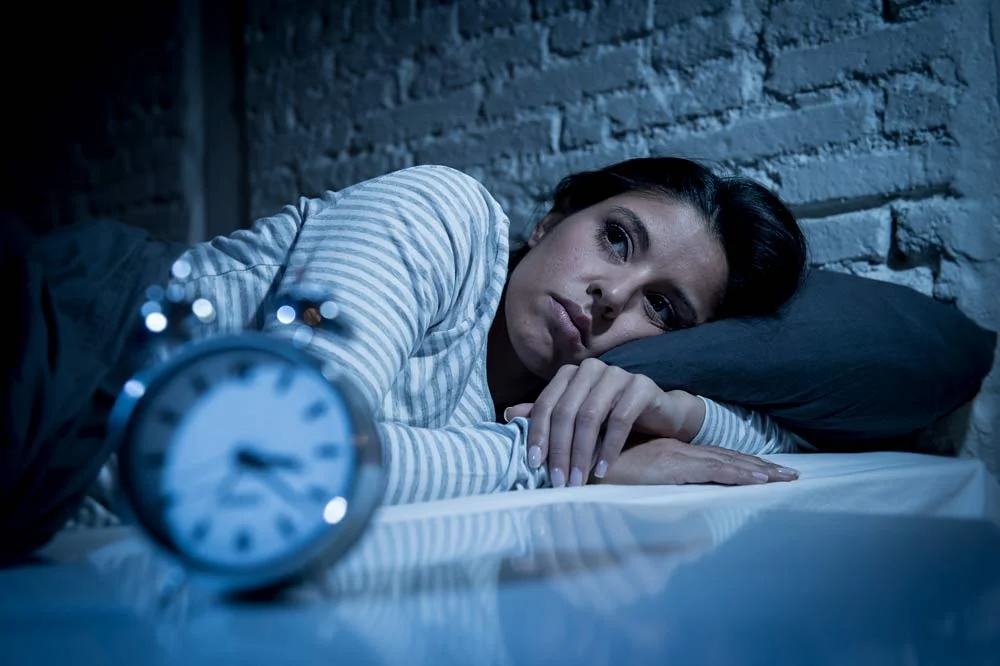
You lay awake at night counting down the hours until you are supposed to “wake up.” Maybe you even fall asleep finally just before dawn, only to be rudely awakened much too soon by the alarm clock preventing you from recovering from the hard parts of the night. This is the nightly reality for 30 percent of sleepers in the U.S. who have insomnia, which is much more than just a bit of random night waking after hearing a bump or having a bad dream.
Insomnia is a chronic condition that impairs your cognitive and physical functioning, and has an impact on your daytime functions including emotional and social capabilities. In a recent survey of 1 million people (1), conducted by Michael Grandner and colleagues and published in August in the BMC Public Health, researchers learned more about the “burden” of having this condition. They also called it a significant public health concern that is both “substantial” and “growing,” and there are 11 types.
“Insomnia specifically is dealing with the inability to get to sleep or stay asleep. Current recommendations for adequate sleep for an adult is approximately 7 to 9 hours per night. Most adults are not hitting this goal. This is a problem, because when we don’t sleep enough, we can have serious issues,” says Psychiatrist Dr. Timothy Jeider, Medical Director for Nevada Mental Health.
The study sought to understand daytime impairment for people with insomnia, using questionnaires to classify multiple conditions that might be resulting from insomnia, including:
- Cardiovascular events
- Psychiatric disorders
- Cognitive impairment
- Metabolic disorders
- Sleepiness/alertness/cognition
- Mood
- Disorientation
- Chronic fatigue
- Somnolence
The findings were clear — in each category, people with insomnia had increases in most of these conditions and symptoms, such as 41 percent of people with insomnia have arterial hypertension compared to 26 percent of those without. Close to 30 percent of those with insomnia had anxiety versus just 8.5 percent of those sleeping well. The findings reinforce the need for “timely insomnia disorder diagnoses and treatments,” researchers conclude, that improve both sleep and daytime functioning (1).
Jeider explains this as a complicated “feedback loop” in which people might sleep poorly from physical and mental health conditions, and also the insomnia can contribute to those conditions’ onset or worsening.
“Physical health problems can manifest in generic ways, such as literally being slower and more easily fatigued throughout the day, to more specific things such as elevated blood pressure. Sleep is also the time when the body heals any physical damage we may have suffered throughout the day, even damage that is generated through normal activities of daily living,” he says. “Mental health symptoms can range again from generic things, such as slow cognition, difficulty thinking and poor memory; to more specific things, such as worsening depression, anxiety, and mood disorders.”
He explains that the “feedback loop” means a decreased ability to handle stress, which can lead to increased cortisol levels, which can lead to weight gain and things like obesity. “So there is a complicated connection between both physical health and mental health that can be impacted by poor sleep from things such as insomnia.”
This leaves people suffering from insomnia wondering where to start. “What researchers still wonder about is how best to deal with this issue as it almost seems like you are “damned if you do and damned if you don’t” situation, says Dr. David Bilstrom, an Autoimmune Medicine Doctor. “Yes, not sleeping optimally is terrible but the medications typically used can cause even more disease. Recent studies have shown that three different classes of medications used for insomnia will actually increase a person’s risk of dementia,” he adds.
Bilstrom says in this comprehensive study, they used a new and improved measure of the impact of insomnia, because people diagnosed with insomnia hadn’t used the typical medicines, and they were compared to people without insomnia who aren’t on the typical medicines either. “The people suffering from sleep disorders had other chronic diseases (comorbidities) at much higher rates than good sleepers. These included high blood pressure (hypertension), heart disease, heart failure, strokes, diabetes, obesity, obstructive sleep apnea, COPD as well as higher risks of falling, having to go to the emergency room, and injuries overall. The highest rates of obesity were seen in young and otherwise healthy adults under the age of 40.”
Bilstrom says the best route for people with insomnia is to dig into the “why” behind the comorbidities, and why you aren’t sleeping. “Rather than just adding a “band aid” medicine that seems to help temporarily but can create all sorts of new problems,” he says. In the meantime, he recommends two apps for creating calm and helping with sleep — the Calm app, and one called Insight Timer.” Jeider adds, “The most important thing to work on is a consistent sleep schedule.”

Best Mattress for Combination Sleepers

Should You Limit Your Child’s Nap Time? New Study Shows Naps Reflect Baby’s Cognitive Function

A Guide to Sleep and Heart Health

Types of Insomnia — Causes and Treatments
Sources
1. Grandner, M., Olivieri, A., Ahuja, A. et al. The burden of untreated insomnia disorder in a sample of 1 million adults: a cohort study. BMC Public Health 23, 1481 (2023). https://doi.org/10.1186/s12889-023-16329-9
Jeider, Timothy. Author interview. August 2024.
Bilstrom, David. Author interview. August 2024.

























